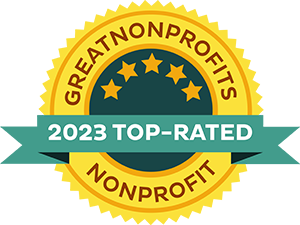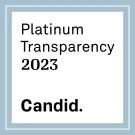OUR MISSION, DEFINED.
Katal is focused on three big, inter-related goals. But while the general terms of equity, health, and justice need no introduction, here’s a breakdown of what these terms mean in our day-to-day work.
EQUITY
WHAT DOES EQUITY
MEAN TO US?
Learn More
HEALTH
WHAT DOES HEALTH
MEAN TO US?
Learn More
JUSTICE
WHAT DOES JUSTICE
MEAN TO US?
Learn More
EQUITY
What equity means for katal
Katal’s work is anchored in racial equity. The word equity has Latin roots that boil down to fair and equal. Equity should be fundamental to our policies and laws, but because it isn’t—especially with regard to race—the consequences are destructive and pervasive.
Too many people have been locked out of economic opportunity and are locked up in cages or otherwise stuck in the criminal legal system. Because of economic inequality, people are caged in jail cells and unable to afford bail while the wealthy can pay for their freedom. Because of structural racism, people of color—particularly Black people—are far more likely to be criminalized, arrested, and incarcerated than their white counterparts are. The racism inherent in the justice system has roots in slavery, and as a nation we have yet to reckon with this history.
At Katal we think of equity broadly and believe that an equity-oriented approach to policy-making benefits all communities. Like health and justice, the word equity is a word of action for community organizers, and is at the center of our work. In our fight for equity, we build leadership and organizing capacity among those who have been impacted and have historically been excluded, especially people of color, women, trans and LGBQI+ people, young folks, people who have been convicted and/or incarcerated, and families.
HEALTH
What HEALTH means for katal
Harm reduction and the right to health care are central to Katal’s worldview. We are inspired by Dr. Joycelyn Elders’ definition of health. Considering health in the context of poverty and systemic racism, we see the ravages of mass incarceration and the war on drugs. For more than a century the United States has too often treated drug use—a health issue—as a criminal one. The country has fortified a system to punish and incarcerate people rather than the health care system needed to improve and save lives. This contributes to countless problems, including the crisis of accidental drug overdoses and the inability to get a handle on COVID-19.
The United States is the only industrialized Western nation without universal health coverage. And though the Affordable Care Act and other initiatives have expanded access to care, tens of millions of people lack health insurance or don’t have enough of it to cover what they need.
We believe that health is fostered by community safety that does not rely on criminalization, and by people having their basic needs met through access to housing, health care, education, and jobs. This informs our approach to community organizing and advocacy.
JUSTICE
What JUSTICE means for katal
As Union Theological Seminary Professor Cornel West has said, “Justice is what love looks like in public.” Katal’s vision of justice centers dignity, accountability, and compassion.
Structural racism and economic inequality shape the systems and institutions people interact with every day, from health care to housing to education and especially criminal justice. In the United States the dominant approach to public safety is criminalization: policing and surveillance, courts, jails, and prisons. That’s why our country has 5 percent of the world’s population but nearly 25 percent of its incarcerated people. Police routinely target Black people and neighborhoods. The wealthy can often buy their freedom, while the majority of those who are incarcerated are poor. With its mass incarceration and mass supervision, the prison industrial complex doesn’t produce safety or justice. It cannot. We can and must do better.
Real community safety begins with meeting basic needs: housing, health care, education, and jobs. Justice is an action word for community organizers. In Katal’s work, we build the leadership and organizing capacity of those who are impacted by poverty and the criminal legal system. Together we can change laws, cut correctional populations, shut down jails and prisons, and invest in real safety and justice. Tackling systemic racism and mass incarceration is a huge fight. Our experience teaches us that broad-based social movements, led from the bottom up, can transform the world.

